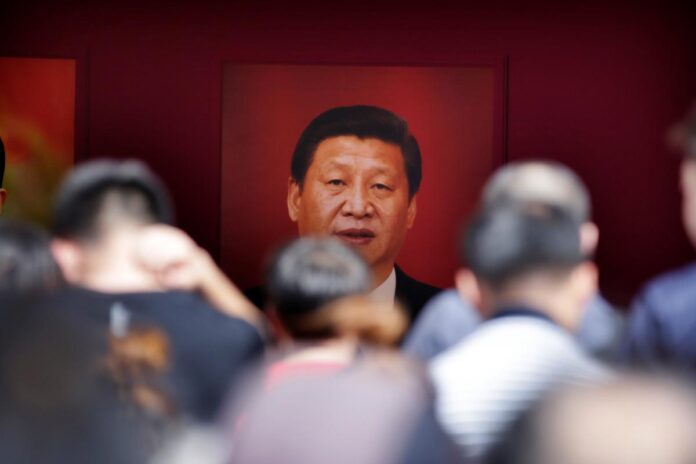Author: Fareed Zakaria
Affiliation: CNN Worldwide, The Washington Post, The Atlantic.
Organization/Publisher: Foreign Affairs
Date/Place: January/February 2020, U.S.
Type of Literature: Journal Article
Word Count: 6058
Link: https://www.foreignaffairs.com/articles/china/2019-12-06/new-china-scare
Keywords: Fear of China, Hedging Strategy, Engagement and Deterrence, Trump’s Protectionist Policy.
Brief:
The current official U.S. narrative regarding China describes it as a threatening power to international stability and prosperity, and to the U.S.’ interests as well. According to the author, this is an exaggerated fear that might lead Washington to enter into a long-term and costly cold war against Beijing. Zakaria argues that this prevailing perception stems from a set of wrong assumptions, one associated with the way of understanding the U.S. behaviors toward China, and second the motivations of Chinese foreign policy in its regional sphere and toward the world. For instance, the author presented the U.S. foreign policy toward China since the Nixon era to criticize the wrong assumption claims that the U.S engagement policy with China and its attempts to integrate her into the international order have been unsuccessful; therefore, the only possible option is confrontation. On the contrary, he argues that a mixed policy of engagement and deterrence (The hedging strategy as it is called) gave Washington the ability to contain China, push it to change its attitudes and behaviors toward the capitalist world gradually and turn it into a responsible stakeholder in the international order, after it was (in the 1970s) a rogue state obsessed with the idea of spreading communism and destroying the western capitalist world. Today, China strengthens the liberal international order and engages in its institutions vigorously. The author also refutes the claim that Beijing’s foreign and trade policy threatens U.S. interests and destabilizes the liberal international order. Today, Beijing ranks fifth among the major countries that impose tariffs against foreign goods, while the U.S. ranks first. Beijing is also the holder of the cleanest record among major powers regarding military interferences around the world, unlike Washington. Finally, the author warns Washington of falling into “The Thucydides trap”, in the case that she continues to look to China’s rise in the same way that the U.S. has risen since the Monroe era when she took control over the western hemisphere and then headed to achieve global hegemony. Washington should strive to integrate China into the existing international institutions, as he suggests, to prevent China from creating its own bounded order. Furthermore, Washington should encourage Beijing to exert greater influence in its regional neighborhood as long as it uses this influence to strengthen the liberal international order that serves Washington’s interests. At the same time, the U.S. should not abandon the deterrent approach, but should support pivotal Asian powers that keep China in a constant state of check and push it gradually toward more domestic openness and neutralizes its hardliner leaders. It is, in short, a useful hedging strategy.
By: Djallel Khechib, CIGA Senior Research Associate




